BIO-HPF (Anti-Ulcer & Smooth Muscle Relaxation Formulation) – 180 Capsules
*** Please Login or Register with DC Nutrition to see Prices and Add To Cart. ***
Login | Create An Account / Register
BIO-HPF is a combination of medicinal herbs and minerals that have been shown by clinical research to be effective in alleviating gastric ulcers and gastritis (inflammation of the stomach lining). We would also use this product to aid in the healing of duodenal ulcers and inflammation.
This product also targets the microorganism (Helicobacter pylori) that has been shown to be associated with stomach ulcers.
PRODUCT DESCRIPTION
BIO-HPF
**Two (2) capsules supply:
Proprietary Blend 1,087 mg
Deglycerized licorice, Bentonite clay, Slippery elm bark, Bismuth citrate, Commiphora Mol-mol (myrrh resin), Syzygium gromaticum (clove), Elerberine (HCI), Anise seed powder, Elerberis Vulgarls (barberry bark), 8erberis Aguifolium (oregon grape root), Baptista Tinctura (wild indigo)
RECOMMENDATION: Two (2) capsules two (2) to three (3) times each day as a dietary supplement or as otherwise directed by a health care professional.
Contains: 180 Capsules
Product #: 7705
NDC: 55146-07705
ADDENDUM
It is well known that H. pylori colonizes the gastric epithelium of humans causing persistent infection with complications, such as peptic ulcers.
The availability of two complete H. pylori genome sequences and recent studies of its population genetics provided a detailed picture of genetic diversity. This could have a role in generating the high level of genetic variation in H. pylori. The relationship between H. pylori colonization of the gastric mucosa has been proven. H. pylori may be involved with reflux gastritis in gastoesophageal reflux disease. Drugs such as nitroimidazole, are becoming less effective because of growing resistance to H. pylori.
There has been a growing interest in a phytochemical approach to the H. pylori problem especially with the decline in efficacy of the currently used drugs.
PHYTOCHEMICAL SUPPORT
BERBERRINE HCL: Berberine is isolated as the main alkaloid from the roots and bark of Berberis vulgaris. It is believed that it may inhibit the multiplication of bacteria, fungi and viruses and there are those who believe that berberine's most celebrated effect is its antibiotic properties. Berberine may exhibit antibiotic activity against bacteria, protozoa and fungi.
HERBAL SUPPORT
BAPTISIA TINCTORIA (INDIGO): Indigo is a berbaceous perennial which takes its name from the Greek word Bapto which means to die. It is used as an astringent and as an antiseptic.
GLYCYRRHIZA GLABRA (LICORICE): Licorice is a perennial herb or sub-shrub. The major active component is the triterpenoid saponin glycyrrhizin. The uses of licorice in both Western and Eastern cultures dates back several thousand years. The most popular use of licorice in the United States is in the deglycerized form providing support for those with peptic ulcers. Recent research has discovered that Glycyrrhiza glabra contains antimicrobial flavonoids.
SYZYGIUM GROALATICUM (CLOVE, FLOWER AND BUD): Clove is a plant , indigenous to the Molluca Islands and is cultivated there as well as in Tanzania, Madagascar, Brazil and other tropical regions. Clove contains volatile oils, flavonoids, tannins and triterpines. Clove has antiseptic, antibacterial, antifungal and antiviral properties.
SLIPPERY ELM BARK (ULMUS FULVA): Slippery Elm is indigenous to North America. It is demulcent, emollient and soothing to the alimentary canal. Slippery Elm may be useful in the treatment of gastritis and gastric or duodenal ulcers.
BERBERUS VULGARIS (BARBERRY BARK): Barberry is native to most of Europe. Barberry contains several a I k a I o i d s (berberine, berberubine, berbanine) and others in its roots. It also contains chelidonic, citric, malic and tartaric acids. Barberry may possess anti-inflammatory properties.
MYRRH RESIN: Myrrh is a highly valued botanical medicine in the Indian system of medicine, Ayurveda. A wide variety of Ayurvedic formulas contain Myrrh which may have a positive effect on inflammation.
BERBERIS AQUIFOLIUM (OREGON GRAPE ROOT): Oregon grape's historical use is similar to that of Hydrastis. The medicinal value is thought to be due to the high content of isoquineoline alkoloids, especially berberine, which may have antibiotic activity.
MINERALS
BISMUTH: Bismuth is a naturally occurring mineral that may exert activity against H. pylori. It may be possible that while some antibiotics could in time become less effective against H. pylori. It is very unlikely that H. pylori will develop resistance to bismuth. Bismuth preparations are safe when taken as directed.
BENTONITE: Bentonite is an absorptive and colloidal clay which has been shown to be very effective in absorbing toxins. One study suggests that it plays a roll in preventing the toxic effects of aflatoxins.

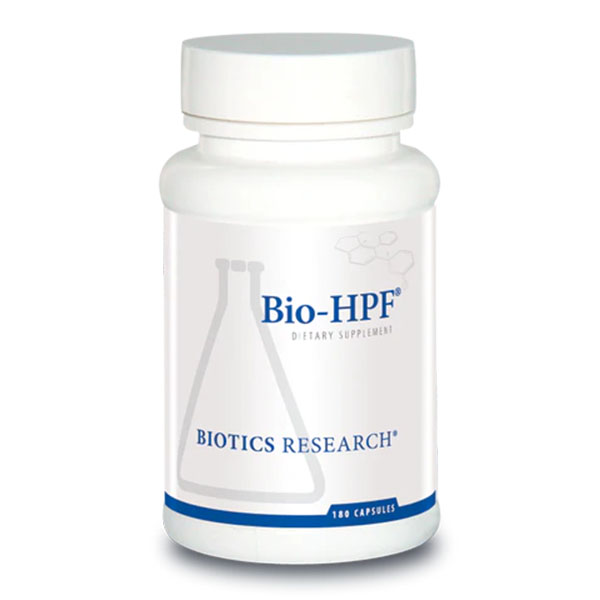
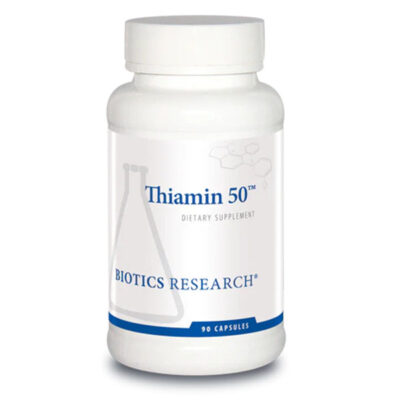
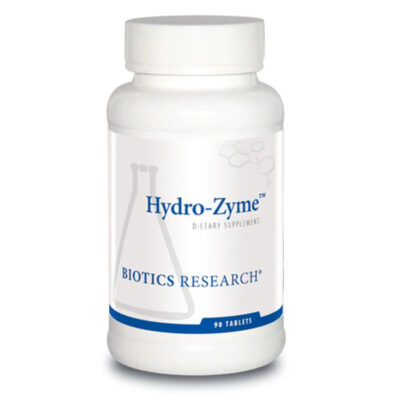
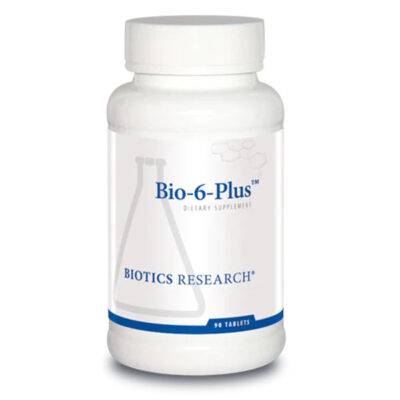
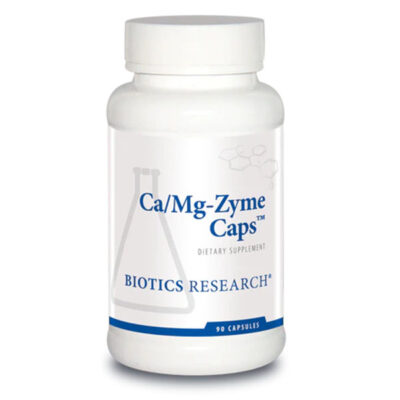
Reviews
There are no reviews yet.